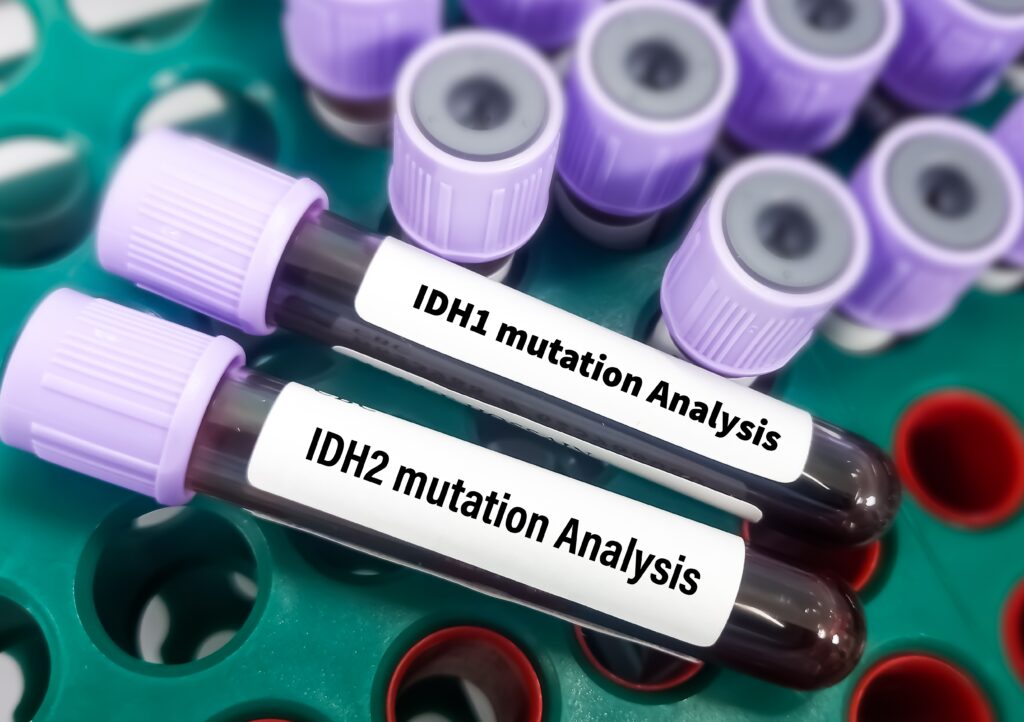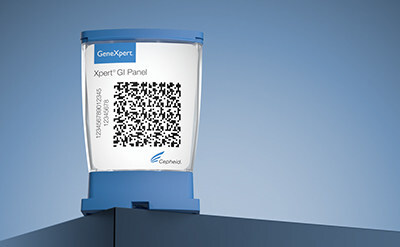The US Food and Drug Administration (FDA) has approved Voranigo (vorasidenib) for Grade 2 IDH-mutant glioma, a challenging brain tumor that has seen limited effective treatments for nearly 25 years.
Developed by Servier Pharmaceuticals, Voranigo offers the first targeted therapy for patients 12 years and older with Grade 2 astrocytoma or oligodendroglioma that harbor isocitrate dehydrogenase-1 (IDH1) or isocitrate dehydrogenase-2 (IDH2) mutation. This approval provides a once-daily oral treatment option for patients who have undergone surgery, including biopsy, partial or complete resection of the tumor.
XTALKS WEBINAR: Accelerating Neurodegenerative Clinical Drug Development with AI
Live and On-Demand: Wednesday, September 18, 2024, at 11am EDT (4pm BST/UK)
Register for this webinar today to gain insights into how AI is playing a crucial role in advancing CNS research related to neurodegenerative clinical drug development.
“Glioma is a unique cancer,” said David K. Lee, CEO of Servier Pharmaceuticals in the press release statement on Voranigo’s approval. Gliomas are brain tumors that significantly impair normal brain function.
Grade 2 gliomas, particularly those with IDH mutations, are among the most common malignant brain tumors in younger adults. “Many of the patients I’ve met are in their 30’s and 40’s and in the prime of their lives. They have small children and are at the height of their careers,” added Lee. Post-surgery, many patients with lower-grade glioma show deteriorations in physical health, general health and social function, with younger patients reporting higher physical deterioration.
IDH1 and IDH2 genes were first implicated in lower-grade gliomas in a genome-wide study by the World Health Organization (WHO). Currently, tumors associated with IDH1 and IDH2 mutations are incurable.
IDH mutations in glioma disrupt the normal function of enzymes that help cells produce energy. Voranigo works by inhibiting the activity of these mutated enzymes, effectively reducing tumor growth and helping to control the disease.
Voranigo’s approval is based on the results of the Phase III INDIGO clinical trial, which showed that vorasidenib significantly improved progression-free survival (PFS) compared to a placebo. The trial included patients with Grade 2 IDH-mutant glioma who had previously undergone surgery. Patients treated with vorasidenib had a median PFS of 27.7 months, compared to 11.1 months for those who received a placebo.
Additionally, the time to next intervention (TTNI) was significantly extended for patients taking vorasidenib, which meant those patients were also able to delay the need for further treatment. The drug’s safety profile was also favorable and consistent with earlier studies, with fatigue, musculoskeletal pain and seizures being the most common side effects.
An IDH-mutant glioma diagnosis is grim, but Voranigo’s approval offers hope in managing this challenging and aggressive form of brain cancer. While chemotherapy and radiation therapy have been among the main treatment options for Grade 2 IDH-mutant glioma, now proton therapy is also being explored for maintaining brain function in patients with this cancer.












Join or login to leave a comment
JOIN LOGIN